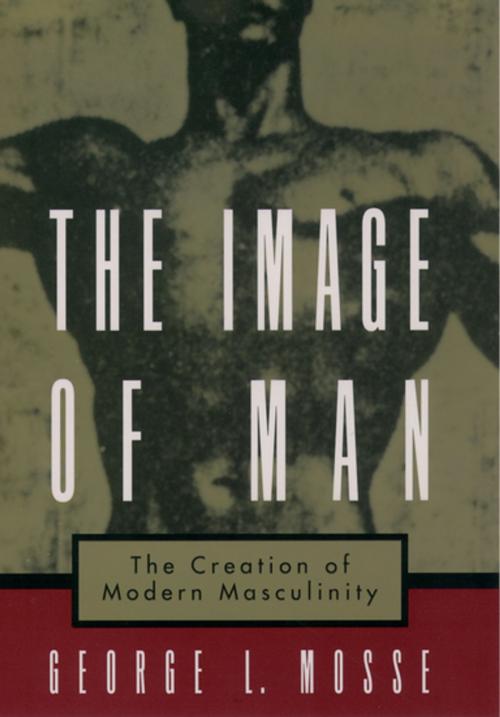The Image of Man
The Creation of Modern Masculinity
Nonfiction, Social & Cultural Studies, Social Science, Gender Studies, Men&, History| Author: | George L. Mosse | ISBN: | 9780190284381 |
| Publisher: | Oxford University Press | Publication: | October 8, 1998 |
| Imprint: | Oxford University Press | Language: | English |
| Author: | George L. Mosse |
| ISBN: | 9780190284381 |
| Publisher: | Oxford University Press |
| Publication: | October 8, 1998 |
| Imprint: | Oxford University Press |
| Language: | English |
What does it mean to be a man? What does it mean to be manly? How has our notion of masculinity changed over the years? In this book, noted historian George L. Mosse provides the first historical account of the masculine stereotype in modern Western culture, tracing the evolution of the idea of manliness to reveal how it came to embody physical beauty, courage, moral restraint, and a strong will. This stereotype, he finds, originated in the tumultuous changes of the eighteenth century, as Europe's dominant aristocrats grudgingly yielded to the rise of the professional, bureaucratic, and commercial middle classes. Mosse reveals how the new bourgeoisie, faced with a bewildering, rapidly industrialized world, latched onto the knightly ideal of chivalry. He also shows how the rise of universal conscription created a "soldierly man" as an ideal type. In bringing his examination up to the present, Mosse studies the key historical roles of the so-called "fairer sex" (women) and "unmanly men" (Jews and homosexuals) in defining and maintaining the male stereotype, and considers the possible erosion of that stereotype in our own time.
What does it mean to be a man? What does it mean to be manly? How has our notion of masculinity changed over the years? In this book, noted historian George L. Mosse provides the first historical account of the masculine stereotype in modern Western culture, tracing the evolution of the idea of manliness to reveal how it came to embody physical beauty, courage, moral restraint, and a strong will. This stereotype, he finds, originated in the tumultuous changes of the eighteenth century, as Europe's dominant aristocrats grudgingly yielded to the rise of the professional, bureaucratic, and commercial middle classes. Mosse reveals how the new bourgeoisie, faced with a bewildering, rapidly industrialized world, latched onto the knightly ideal of chivalry. He also shows how the rise of universal conscription created a "soldierly man" as an ideal type. In bringing his examination up to the present, Mosse studies the key historical roles of the so-called "fairer sex" (women) and "unmanly men" (Jews and homosexuals) in defining and maintaining the male stereotype, and considers the possible erosion of that stereotype in our own time.















